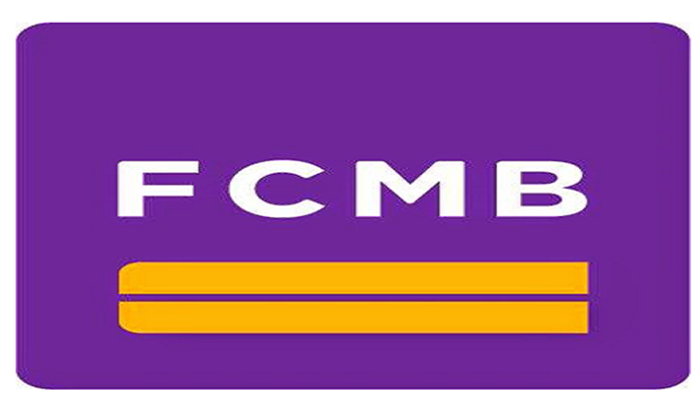The recently released NGX Domestic & Foreign Investment report for March 2022 showed that the total value traded increased marginally by 0.9% m/m to N185.26bn (US$445.25m) in March from N183.6bn (US$441.6m) in February 2022. The All Share Index (ASI) returned a YTD gain of 9.9% in March from an 11.0% gain in February, revealing that the buying activities arising from favourable earnings announcements is beginning to dissipate as investors have begun to take profits. Meanwhile, the broad equity index, ASI, returned a m/m loss of 0.9% in March. Domestic investors’ share of total transactions improved to 77.2% in March from 75.3% in February (YTD–79.6%), while foreign investors’ share was down to 22.8% from 24.8% in February (YTD–18.6%).
The increase in activity level of domestic investors (+3.6% m/m) drove the marginal increase in total activity level, as foreign investors (-7.2% m/m) reduced participation on the local bourse. On the local front, the increase in activity level to N143.1bn (US$343.9m; +3.6% m/m) was not broad-based, solely driven by institutional investors (+7.5% m/m to N82.5bn; US$198.2m) while retail activity level declined (-1.3% m/m to N60.6bn; US$145.7m). On the other hand, unlike in February, when foreign investors increased their activity level, the reverse was the case in March as they further widened the net selling position on Nigerian equities. The net outflow position widened to N9.4bn (US$22.7m) in March from N3.7bn (US$8.9m) in February. The expansion in the net outflow position was driven by a significant fall in foreign inflows (-21.5% m/m), further worsened by a 5.5% m/m growth in foreign outflows.
Despite the 0.9% m/m loss recorded in March, the domestic equities market ended the first quarter positively (+9.9% q/q), benefiting from the monthly gain in January (+9.1% m/m) and February (+1.7% m/m). Looking ahead, we believe the local equities market is likely to go quiet in subsequent months, save for corporate actions and announcements that could spur buying activities. The ongoing release of Q1 results, could also lead to marginal buying activities around stocks with favourable first quarter results. That said, the fact that emerging markets such as Ghana, Egypt, and South Africa have begun to hike rates reducing the carry trade opportunities for Nigeria may further dampen investors’ sentiments towards the Nigerian market.
Click here to read full PDF copy of report
Source CSL Research














